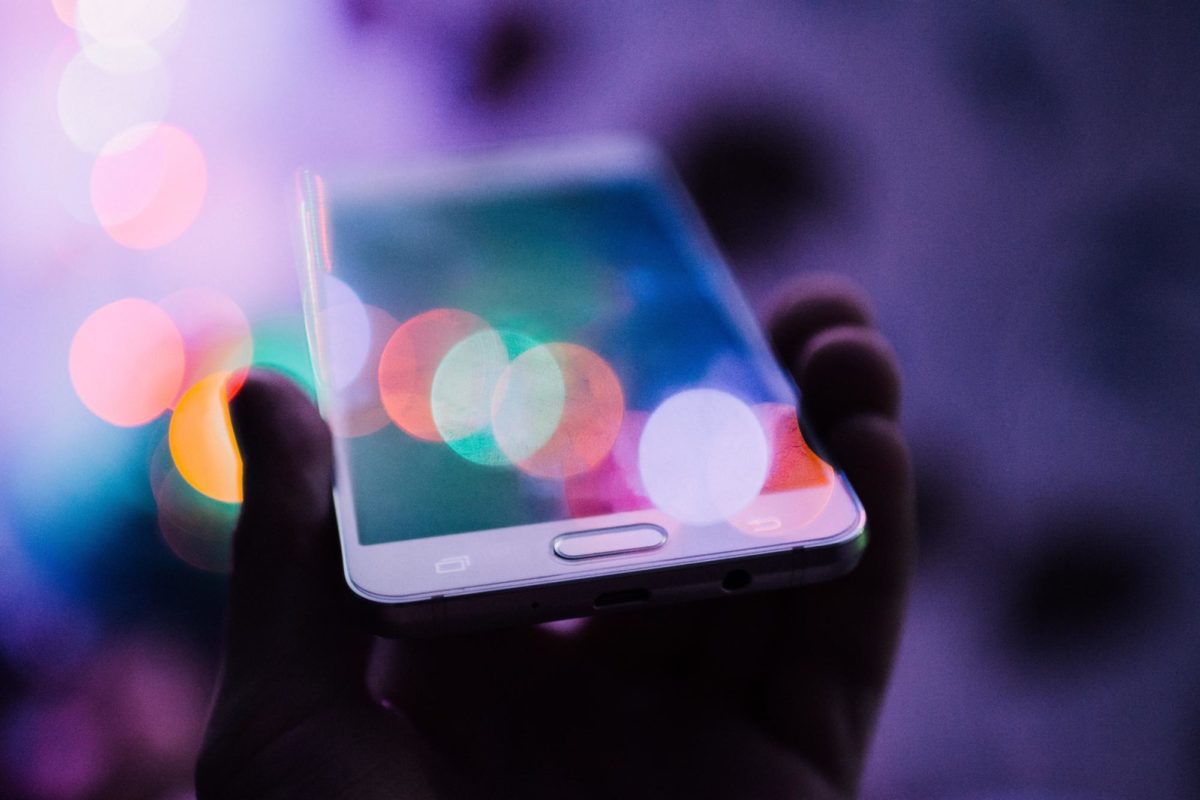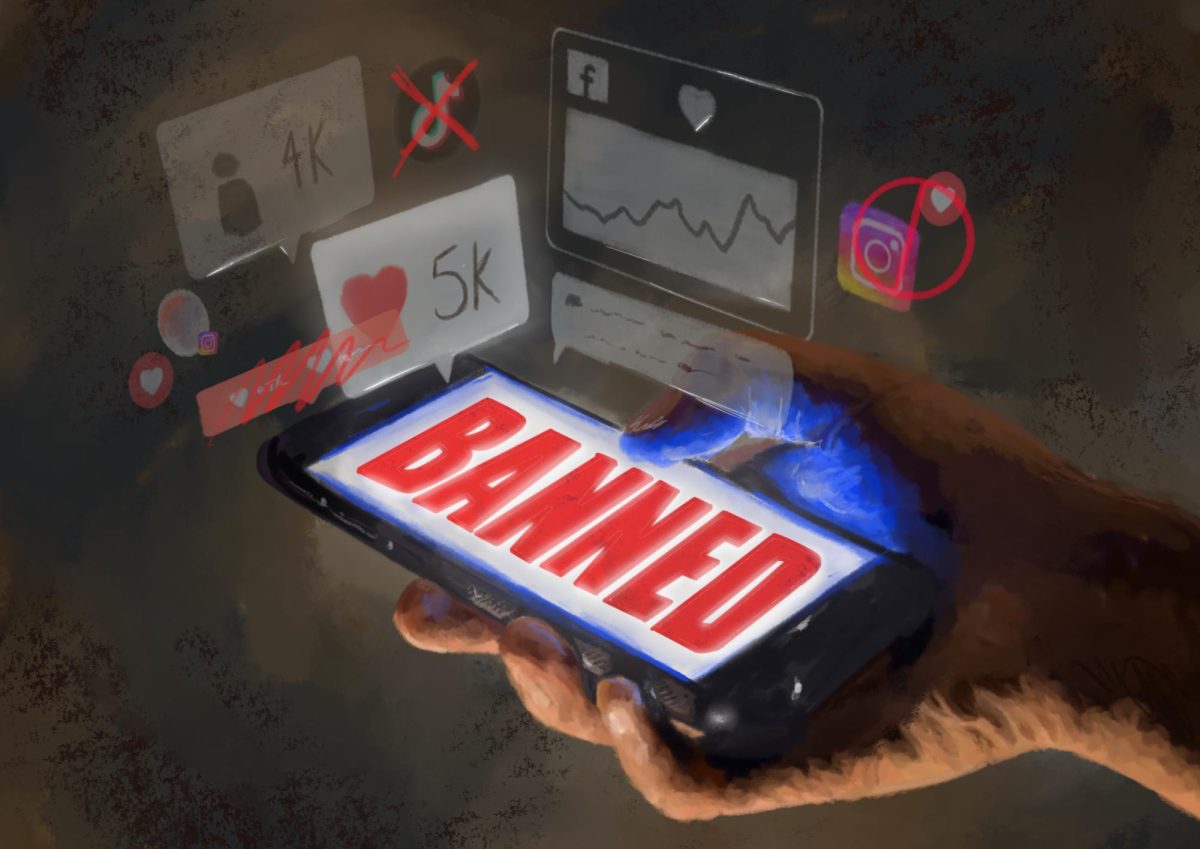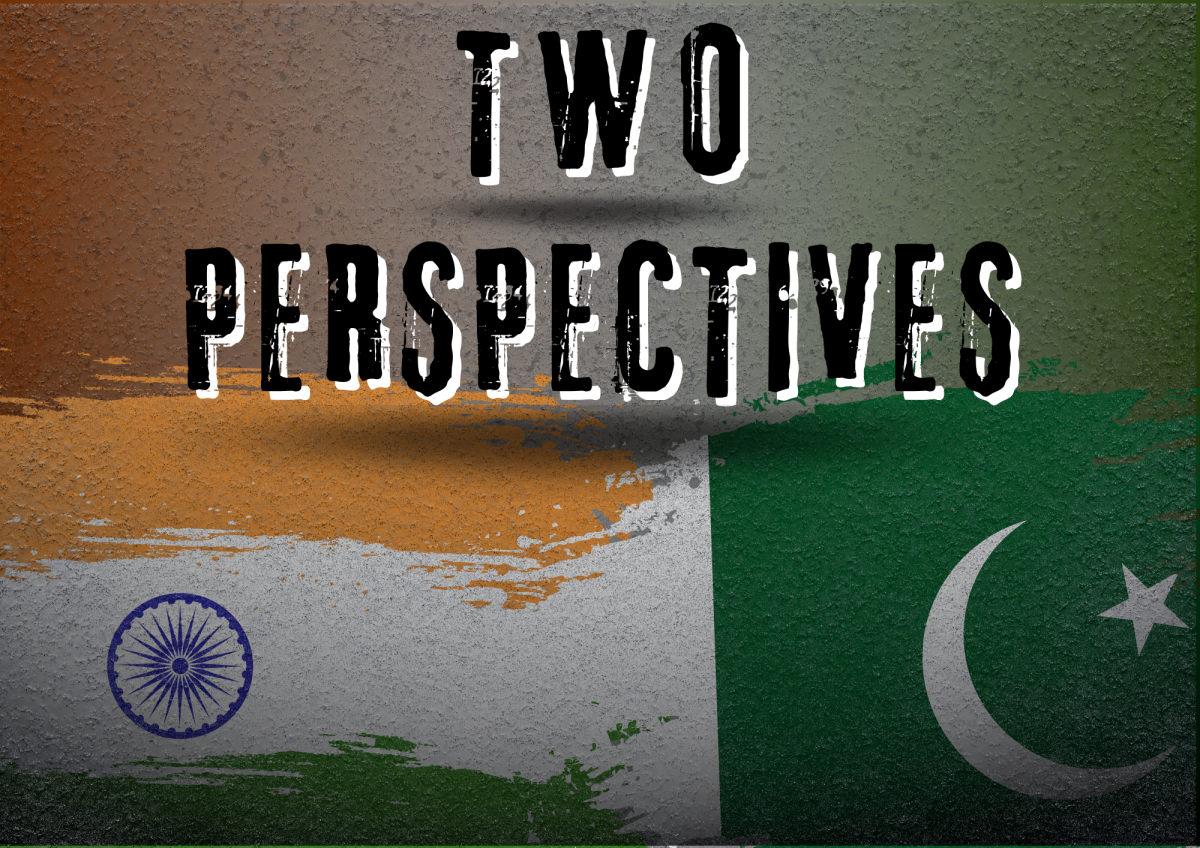In the past few years, we watched the news announcing numerous data leaks from companies and corporations. While we know that we need to give our information to companies to verify that we are who we say we are, is there a legitimate need for digital ID’s?
Governmental agencies investigated the data leaks and decided that a one-stop-shop would be the best plan to avoid the majority of our data being stolen in the event that it does happen.
Within the next year, the Australian Government is planning to implement a new Digital Identity that is completely optional. Australia wouldn’t even be the first to implement this. The United States of America introduced their social security number which acted as a proto-Digital ID. And India introduced an “Aadhaar card” which acted similarly to how the proposed Digital ID is supposed to function.
Australia’s Digital ID was first proposed by the previous Coalition government, but it was never implemented or progressed further until now. So this is all well and good, but how does this Digital ID work?
The ID is designed to be the single point of contact, allowing Australians to identify themselves quickly and easily, without needing to produce a variety of important documents like passports, licences, bills, and credit cards.
Dr Philip Bos, a security expert and founder of privacy protection software company Blue Kee, told 9news, “A Digital ID would usually be an application in a phone or computer that stores a mathematical representation of an individual that uniquely identifies them, without the possibility of reverse engineering their personal information, such as an address or date of birth.”
So this Digital ID is really important. When a data leak happens (because, let’s be honest, it’s not an if, it’s a when), you don’t have ALL your data being lost or copied, it’s only a very small part. Essentially, think of it as your school number, only it’s more complicated and is used for a lot more than printing at the library. It’s also like your school number because while it’s important, we clearly have no problems sharing it with everyone rather than entering our birthday or passwords for everything.
“This is such a good idea!” “Why haven’t we implemented this earlier?” “Why is it only optional?”
There are still a lot of issues that can occur with the Digital ID. One of the biggest worries that people have about this is the question, “Who’s going to take care of the data?” According to Public Service Minister Katy Gallagher, the system would be first regulated by the Australian Competition and Consumer Commission (ACCC), until a government body that is specifically focused on Digital regulation and identification is created.
Another issue that a lot of people have expressed is the possibility of data leaks. Since the Digital ID is going to be replacing current passports and licence identification, won’t the impacts and consequences of a Digital ID leak be the same if not worse?
No one is really sure as to the specific measures taken in response to this. The reason that the bodies responsible for the Digital ID are not revealing the specific measures is to make it harder to create fake IDs.
Additionally, in a report, around 48 per cent of Australians do not have an Australian Passport, which means that they cannot get a Digital ID or are excluded from the security measures that it can provide.
What about the MyGov app? Doesn’t it already do the same thing? Well according to Finance Minister Katy Gallagher, the My Gov app still has a lot of cards and identifications that are not included and cannot be included. In an interview about the new Digital ID, she said, “We want to see an economy-wide system, and in a sense, we’ve got that operating now, without regulation. We’ve got some private Digital ID providers and then you’ve got myGov.”
Well then, what about control? Who controls the information? The bodies responsible for creating the Digital ID have stated that all the power is given to the people who are using the ID. While we don’t yet know exactly how a nationwide Digital identity would play out in practice, Katy Gallagher did reflect a similar perspective when questioned about it this week. The user can choose exactly what information is given to companies, and for what purpose.
Final question: When is it being released? The current plan is to roll out the Digital ID around mid-2024, and it would be completely voluntary. Now the only question is, do we need a Digital ID, and are you going to get one?













